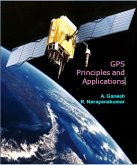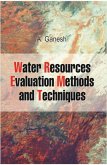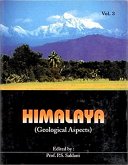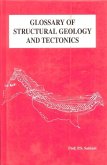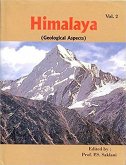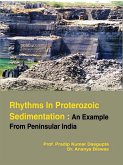The applications of geospatial technologies are playing an ever-increasing role in conservation and natural resources management. Advances in the science and technology behind remote sensing are making it more practical to conduct large-scale inventories and provide monitoring and evaluation of natural resources. Coupled with recent advances in GIS and spatial decision support systems, geospatial technology is taking resource conservation planning and management to a new level. Applied Geospatial Technology covers the fundamentals of techniques for acquiring, processing, classifying, visualizing and analyzing spatial-referenced data of the Earth, and their application to study of the Earth's surface features. Included are techniques such as land survey, photogrammetry, global positioning systems (GPS), airborne and satellite remote sensing, digital image processing, GIS and geovisualisation. In 2004 the US Department of Labour identified geotechnology as one of the three most important emerging and evolving fields, along with nanotechnology and biotechnology. Keeping this in mind, an attempt has been made in this book to analyze the various facets of geospatial technology.
Dieser Download kann aus rechtlichen Gründen nur mit Rechnungsadresse in A, B, BG, CY, CZ, D, DK, EW, E, FIN, F, GR, HR, H, IRL, I, LT, L, LR, M, NL, PL, P, R, S, SLO, SK ausgeliefert werden.




